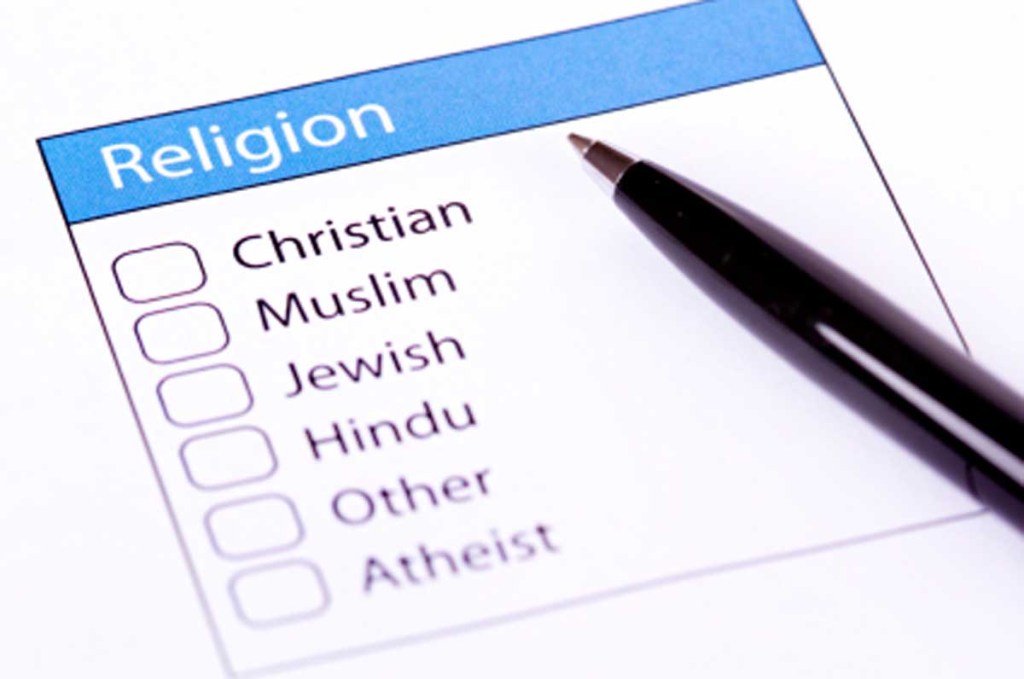Poll: Religiously unaffiliated less likely to vote
Published 8:09 pm Tuesday, July 15, 2014

- religion-unaffiliated.jpg
The recent boom in religiously unaffiliated Americans may ultimately help explain the results of the upcoming 2012 presidential election, according to a new poll that shows such voters lean heavily toward President Barack Obama but are less likely than the religiously affiliated to turn out.
Nearly one-quarter of likely Obama supporters say they have have no particular religion — a group less likely to vote than those affiliated with an organized religion, according to a poll released Monday by the Public Religion Research Institute (PRRI). Sixty-one percent of unaffiliated voters said they would likely cast a ballot, compared with 73 percent of those who are religiously affiliated.
The poll, one of a slew being released in the days before the election, focuses on the overlap — and sometimes contradiction — of a person’s faith identity and their views on newsy topics from religious freedom to abortion.
White Catholics, for example, are far more likely than Latino Catholics to favorably view Mitt Romney (54 percent vs. 27 percent). Yet White Catholics also are more likely to believe abortion should be legal in all or most cases, a view more in line with Obama’s.
The poll shows that nearly six in 10 Americans believe religious liberty is threatened in America, but about the same number believe religiously affiliated institutions should be required to provide employees with no-cost birth control. Ending the new White House mandate for such coverage has been the centerpiece of a campaign by the Catholic Church and conservative religious groups.
The poll, which was co-authored by several senior fellows at the Brookings Institution, highlights the stark difference among faith groups.
Nearly eight in 10 likely Romney voters identify themselves as white Christians — mainline Protestants, Catholic or evangelical — while the number of likely Obama voters who identify themselves as white Christians drops to about four in 10. Other large parts of Obama’s base are the unaffiliated (23 percent), black Protestants(18 percent) and Latino Catholics (6 percent).
Like the unaffiliated, Latino and African-American voters traditionally have lower turnout rates, said Robert Jones, a poll co-author who founded the institute.
“Romney has a turnout advantage in that his supporters are more white,” Jones said.
The poll showed Romney with a 21-point lead among white working-class voters overall, but the group was more divided when looked at by faith.
Sixty-six percent of white working-class Protestant voters supported Romney, compared with 30 percent for Obama. Among white working-class Catholics, neither candidate had a statistically significant edge.
The poll also laid out other voting gaps. According to PRRI, 53 percent of female voters were likely to support Obama, compared with 44 percent for Romney. Seventy-six percent of women who have never been married support Obama, while 55 percent of married women support Romney.
Issues related to reproductive freedoms, including the contraception mandate, have figured prominently in the campaign. Fifty-six percent of Americans say religiously affiliated hospitals and colleges should be required to provide no-cost contraception coverage to employees, and 45 percent said even houses of worship should be required to do so as well.
The White House mandate exempts houses of worship, but bishops and many other religious liberty advocates have said the exemption should be wider.
The poll shows Americans are divided by faith identity even on the question of what America’s core problems are.
PRRI asked if the country’s woes are primarily because of an unfair economic system, and then asked if they are also caused by a moral decline and the loss of traditional values. White evangelical Protestants were much more likely to identify moral decline, not economic inequality (37 percent to 5 percent). White Catholics, white mainline Protestants and Hispanic Catholics also were more likely to blame shifting values. But black Protestants and the religiously unaffiliated were equally likely to blame both factors.


